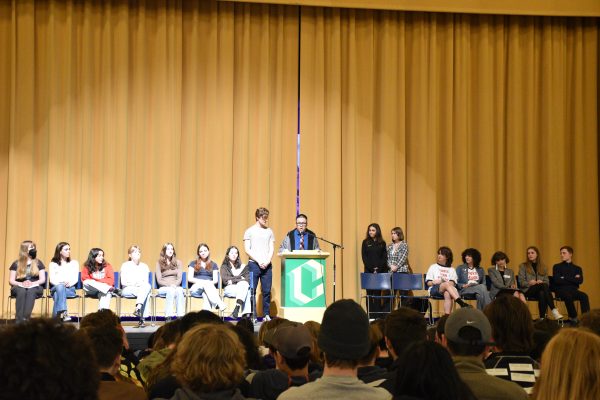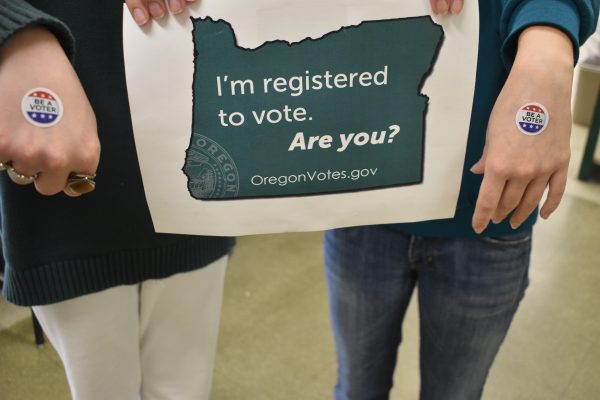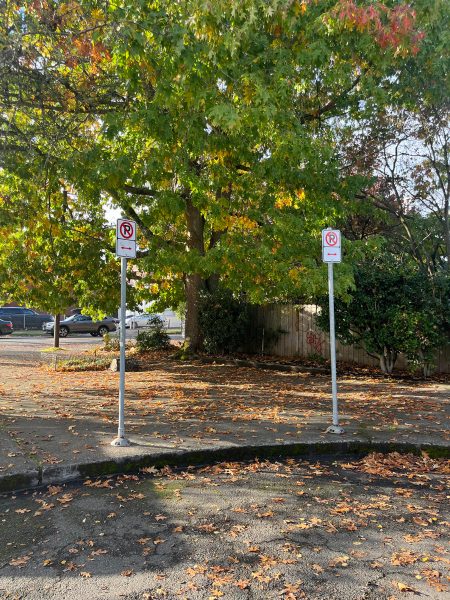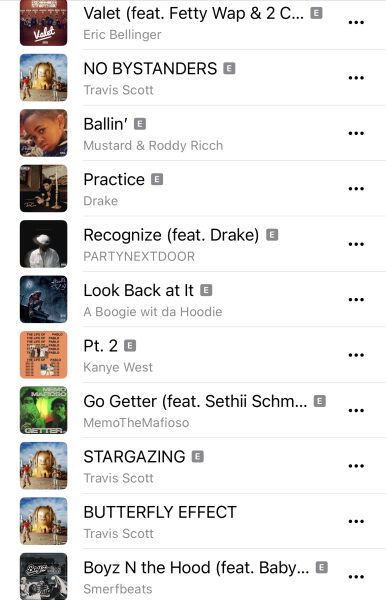The Effects Of Performative Activism
Performative activism (synonymous with “slacktivism”): activism that is done to increase one’s social capital rather than because of one’s devotion to a cause.
Performative activism, an issue plaguing the world with millions of individuals performing disingenuous activism in order to be viewed higher in the eyes of one’s peers. We must acknowledge that performative activism doesn’t imply that people don’t vaguely care about the causes they are “supporting,” but more that said people don’t feel a sincere urgency and investment in those causes (which may have prompted them to be there without the incentive of social gain). Though, performative activism may also be effective. Portland Youth Climate Strike turnouts can demonstrate this idea: while performative activists may go on strikes for the social media benefit that they can provide, or an excuse to get out of classes, the number of people that are incentivised is enough to promote the cause–regardless of intent.
While performative activism may still aid organizations in sheer mass, it’s unproductive long-term because people are not seeking out information to form opinions that they may genuinely feel. Further, performative activism can be outright insensitive when issues that are culturally significant are taken advantage of.
“Blackout Tuesday” was a collective social media action to protest police brutality during the peak of Black Lives Matter or BLM protests throughout the United States. This event was to support black musicians and other forms of art created by black artists. However, this could have not been further from what happened. Social media interpreted this event as a way to stay off social media for a day and create a post that was fully black to show your participation with the hashtag of #blackout Tuesday. The sheer amount of people who contributed to the misconstrued idea of Blackout Tuesday ended up drowning out actual black creators. A reported 14.6 million posts of a single black square were spread all throughout Blackout Tuesday.
Online activism (hashtags, shared posts, and online petitions) is valid and actively promoting change, but issues arise when people assume – it alone – is enough to make permanent and powerful change. Activity on social media is essential to further causes that affect a wide range of people: attention can be easily drawn to important causes, organizations can gain larger platforms, and general information is always a good thing.
A direct example of performative activism: corporations such as Target, Walmart, and BMW exploiting LGBTQIA+ pride month. Companies ranging from CVS to Comcast have previously donated upwards of $13 million dollars to politicians and campaigns supporting anti-LGBTQIA+ values. Yet, they jump at an opportunity to exploit customers by changing social media profile photos, altering merchandise, sharing voices of LGBTQIA+ employees during commercials, and so much more.
Social media has created a platform for people to spread their voices to the rest of the world. But, performative activism has created a distrust between creators and those who actually believe in the causes they are sharing. Ordinary people can be pulled into activism through virtue signaling and pressure to support causes even if they have a lack of information. We need to amplify creators, authors, artists and actvists that actually have authentic values and are continuing to fight for change in the world. Do your research and help educate others. Hopefully we can return social media to a useful tool, which amplifies voices and usefully supports causes that people truly believe in.
Hello! My name is Henry Callahan and this is my 4th year on the Clarion. I spent my first 3 years writing for the News team and now I am the Online Editor....

Hi! I'm a junior and I'm really excited to edit during my second year with the Clarion (which is also my second year at Cleveland overall). I most enjoy...













